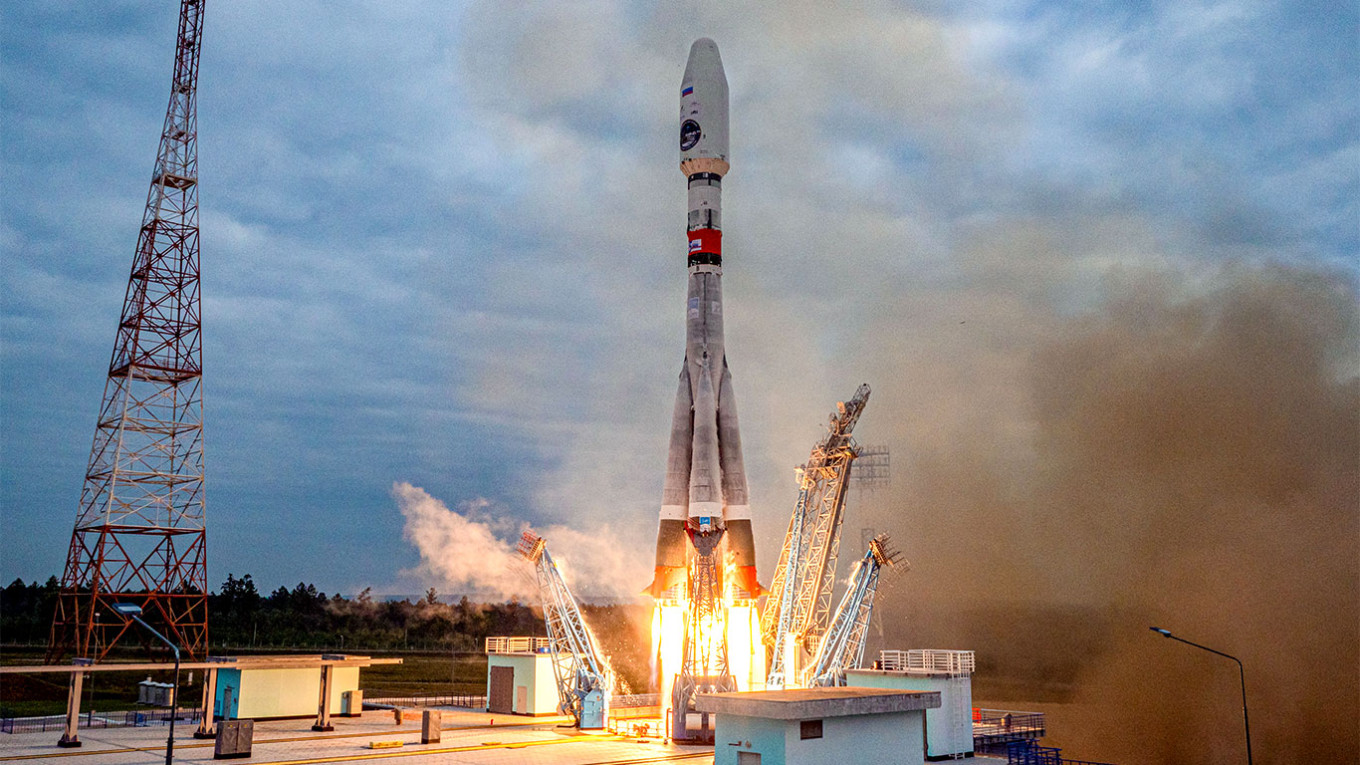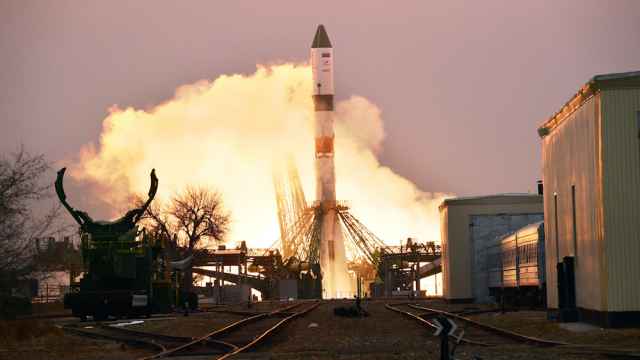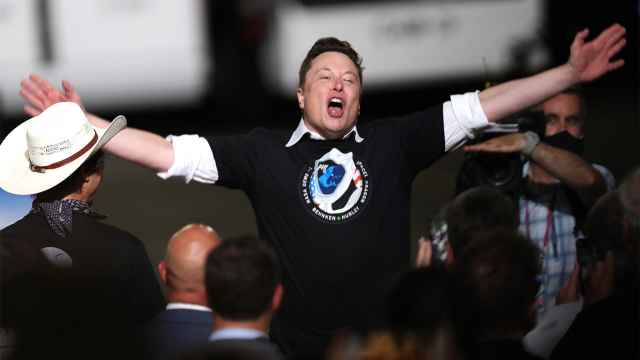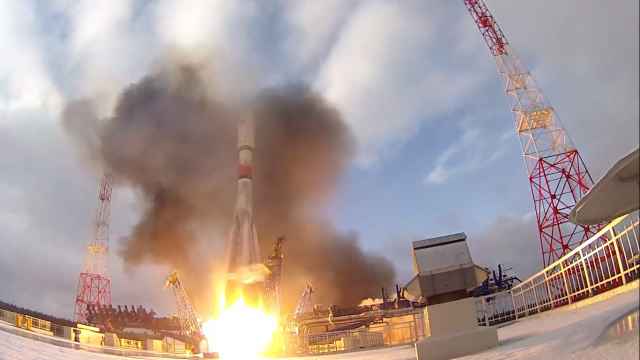Russia on Friday launched its first probe to the Moon in almost 50 years, a mission designed to provide renewed momentum to the country's space industry, which has been struggling for years and has become increasingly isolated amid the war in Ukraine.
The launch of the Luna-25 lander is Moscow's first lunar mission since 1976, when the U.S.S.R. was a pioneer in space exploration.
The rocket carrying the probe blasted off at 02:10 am Moscow time from the Vostochny Cosmodrome in Russia's Far East, according to live images broadcast by the Roscosmos space agency.
The spacecraft is due to reach the Moon's orbit in five days.
It will then spend between three and seven days choosing the right landing location on the Moon's south pole.
"For the first time in history, the lunar landing will take place on the lunar south pole. Until now, everyone has been landing in the equatorial zone," senior Roscosmos official Alexander Blokhin said in a recent interview.
Roscosmos expects the probe to land on the Moon around Aug. 21, a source in the agency told AFP.
The spacecraft, which will remain on the Moon for a year, will be tasked with "taking [samples] and analyzing the soil" as well as "conducting long-term scientific research," the Russian space agency said.
In April 2022, the European Space Agency dropped plans to cooperate with Russia on the Luna-25 mission and other future Moon missions over Moscow's invasion of Ukraine.
According to Russian space expert Vitali Yegorov, the mission is the first time that post-Soviet Russia has attempted to place a device on a celestial body.
"The biggest question will be — can it land?" he told AFP, stressing that this mission is "of great importance" for Russia.
President Vladimir Putin has pledged to continue Russia's space program despite sanctions, pointing to the U.S.S.R.'s achievement of sending the first man into space in 1961, during the height of the Cold War.
"We are guided by the ambition of our ancestors to move forward, despite difficulties and external attempts to prevent us from doing so," Putin said at the Vostochny Cosmodrome last year.
The mission is important for the Russian space industry, which suffers from limited funding, corruption scandals and increasing competition from the United States and China, as well as from private companies such as Elon Musk's SpaceX.
A Message from The Moscow Times:
Dear readers,
We are facing unprecedented challenges. Russia's Prosecutor General's Office has designated The Moscow Times as an "undesirable" organization, criminalizing our work and putting our staff at risk of prosecution. This follows our earlier unjust labeling as a "foreign agent."
These actions are direct attempts to silence independent journalism in Russia. The authorities claim our work "discredits the decisions of the Russian leadership." We see things differently: we strive to provide accurate, unbiased reporting on Russia.
We, the journalists of The Moscow Times, refuse to be silenced. But to continue our work, we need your help.
Your support, no matter how small, makes a world of difference. If you can, please support us monthly starting from just $2. It's quick to set up, and every contribution makes a significant impact.
By supporting The Moscow Times, you're defending open, independent journalism in the face of repression. Thank you for standing with us.
Remind me later.






